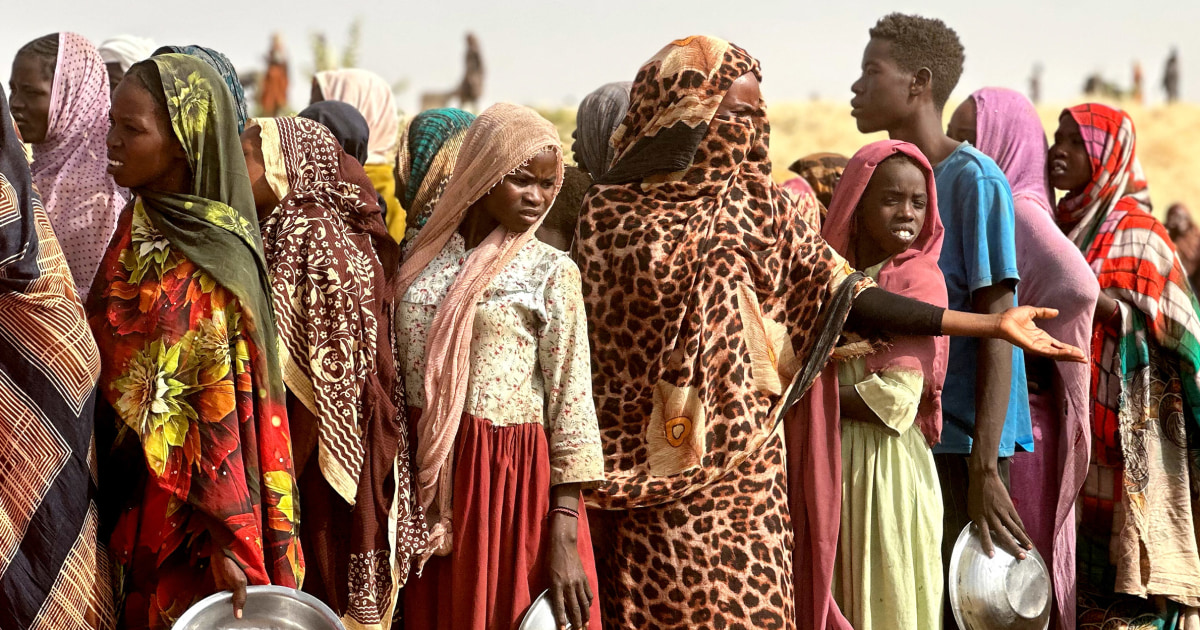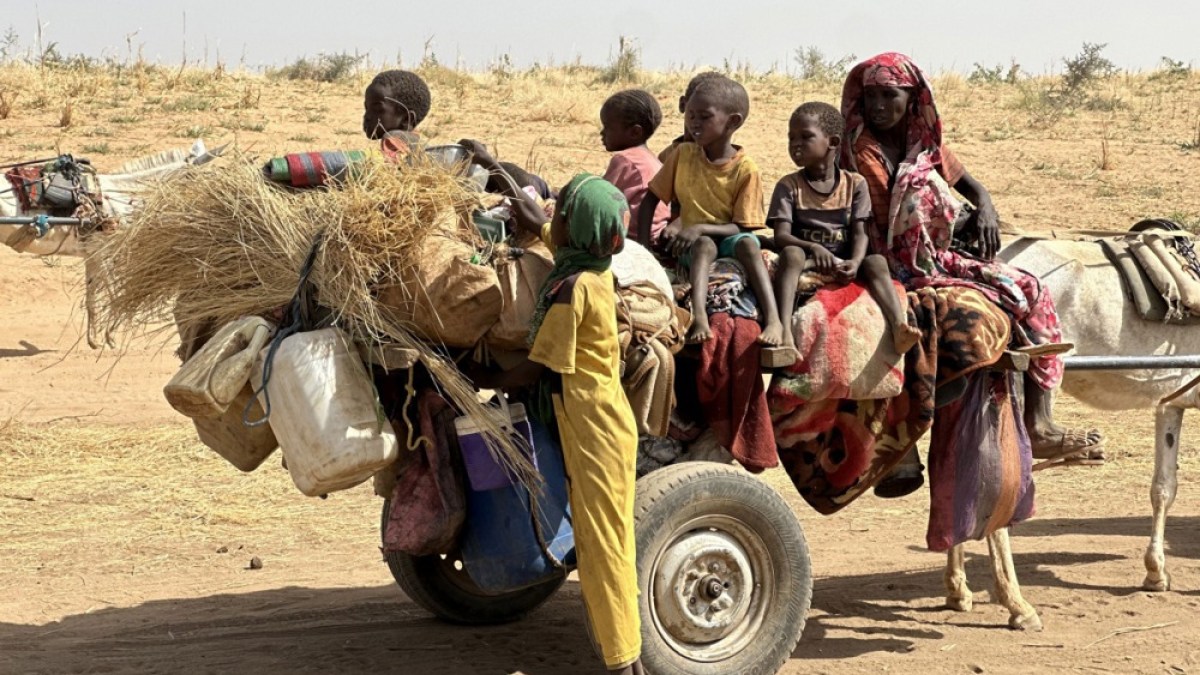Introduction
Sudan, particularly its western region of Darfur, is once again at the center of grave international concern. The International Criminal Court (ICC) has declared that war crimes and crimes against humanity are being committed in the country’s ongoing civil conflict. This assertion comes amid a catastrophic humanitarian crisis, with millions displaced, tens of thousands killed, and widespread atrocities reported. The ICC’s investigation and statements mark a critical moment in the global response to Sudan’s turmoil and highlight the urgent need for accountability and protection of civilians.

Background: Sudan’s Escalating Conflict
The war in Sudan erupted in April 2023, rooted in longstanding tensions between the Sudanese Armed Forces (SAF) and the paramilitary Rapid Support Forces (RSF). What began as a power struggle in the capital, Khartoum, rapidly spread to other regions, especially Darfur—a region already scarred by past genocidal violence. The current conflict has led to more than 40,000 deaths and displaced nearly 13 million people, according to United Nations agencies.
The ICC’s Investigation and Mandate
The ICC’s involvement in Sudan dates back to 2005, when the United Nations Security Council referred the situation in Darfur to the court, granting it jurisdiction over genocide, war crimes, and crimes against humanity committed since July 2002. While the ICC’s mandate is officially limited to Darfur, the scale and brutality of the current violence have prompted renewed and intensified investigations.
Recent briefings by ICC Deputy Prosecutor Nazhat Shameem Khan to the UN Security Council have made it clear: there are “reasonable grounds to believe” that war crimes and crimes against humanity are being perpetrated in Darfur and possibly beyond. The ICC’s Office of the Prosecutor has gathered evidence of killings, pillaging, attacks on internally displaced persons (IDP) camps, indiscriminate targeting of civilians, gender-based crimes, and crimes against and affecting children.
Atrocities and Humanitarian Crisis
The ICC, along with human rights organizations and UN fact-finding missions, has documented a litany of abuses:
Deprivation of Essentials: Civilians are being denied access to food and water, with famine worsening in many areas.
Sexual Violence: Rape and sexual violence are being systematically used as weapons of war, with abductions for ransom or forced recruitment becoming common.
Attacks on Civilians and Infrastructure: Hospitals, humanitarian convoys, and civilian facilities have come under direct attack, exacerbating the humanitarian disaster.
Ethnic Cleansing and Mass Killings: Reports indicate targeted violence against specific ethnic groups, reminiscent of the atrocities of the early 2000s in Darfur.
Obstruction of Aid: Both the SAF and RSF have obstructed humanitarian access, contributing to famine and the collapse of health services.
The RSF and its allies have been specifically implicated in mass executions, ethnic cleansing campaigns, and the deliberate targeting of civilian property. The SAF and allied forces have also been accused of indiscriminate bombings, summary executions, torture, and the destruction of civilian infrastructure.
Impunity and the Challenge of Justice
Despite the ICC’s efforts, impunity remains widespread. The court’s jurisdiction is limited, and Sudanese authorities have often failed to cooperate fully, particularly regarding the arrest and transfer of indicted individuals. The lack of accountability has emboldened perpetrators and perpetuated cycles of violence.
The ICC is moving toward submitting new arrest warrants for those believed responsible for crimes in West Darfur and continues to preserve evidence for future prosecutions. International and regional mechanisms, such as the UN Fact-Finding Mission and the African Commission’s Joint Fact-Finding Mission, are also documenting violations, though they lack prosecutorial powers.
The Way Forward
The ICC and international human rights bodies have called for:
- Immediate Cessation of Hostilities: An end to attacks on civilians and humanitarian workers.
- Expanded Accountability: Broader international support for justice mechanisms, including expanding the ICC’s jurisdiction and supporting Sudanese-led justice initiatives.
- Humanitarian Access: Unimpeded delivery of aid and restoration of essential services.
- International Pressure: Sanctions and diplomatic efforts targeting those responsible for atrocities.
Conclusion
The ICC’s determination that war crimes and crimes against humanity are being committed in Sudan is a stark warning to the world. The scale of suffering, the deliberate targeting of civilians, and the use of starvation and sexual violence as weapons of war demand urgent action. Without accountability and a concerted international response, the darkest chapters of Sudan’s conflict may still lie ahead.

